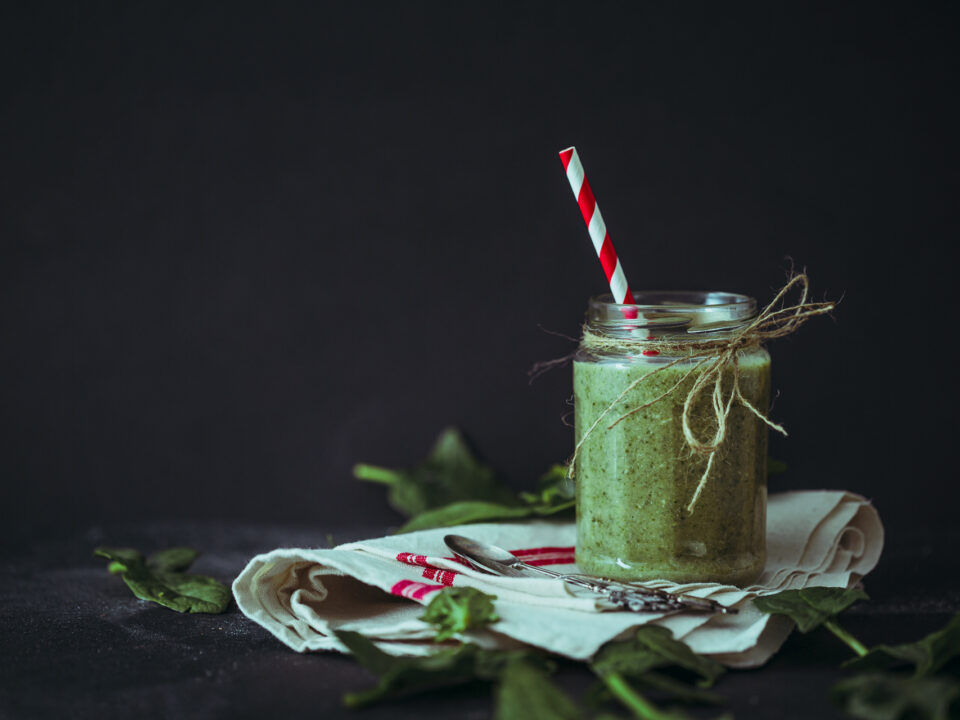
Kicking Cancer with the King of Mushrooms
Step aside berries, there’s a new king in town that reigns supreme when it comes to your health: Inonotus obliquus, also referred to as the chaga mushroom, has 46 times more antioxidants than a blueberry.
For centuries, chaga has been used as plant medicine in the form of tea to treat pathogenic infections, gastrointestinal diseases, cancers, and liver disorders. It varies from other mushroom varietals by looking like a rock protrusion instead of a fruiting body. This parasitic fungus is usually found infecting birch trees that reside in cooler climates.
There are many pharmacological potentials of chaga mushroom, including:
- Antioxidant
- Antiviral
- Anti-inflammatory
- Gene protection
Most importantly, chaga is known for its anticancer and anti-tumor properties. Bioactive compounds like ergosterol peroxide and trametenolic acid have been found to be cytotoxic to human prostatic carcinoma cells and human breast cancer cells. In layman’s terms, the properties found in chaga mushroom prevent cancer cells from proliferating, ultimately slowing the growth of cancer and, in some cases, inhibiting cell death.
Chaga water extracts have also been shown to have anticancer benefits against human colon cancer cells. A particular compound found in chaga called betulinic acid has shown promise in cancer research through its potential in shrinking cancer growth cells, inhibiting apoptosis, and shrinking tumors.
The reality is, we’re going to have to take personal responsibility over our health as more carcinogens show up in our food, water, work, and home. Learning to support our bodies with medicinal mushrooms, like chaga, is just one way we can protect our health and focus on longevity.



